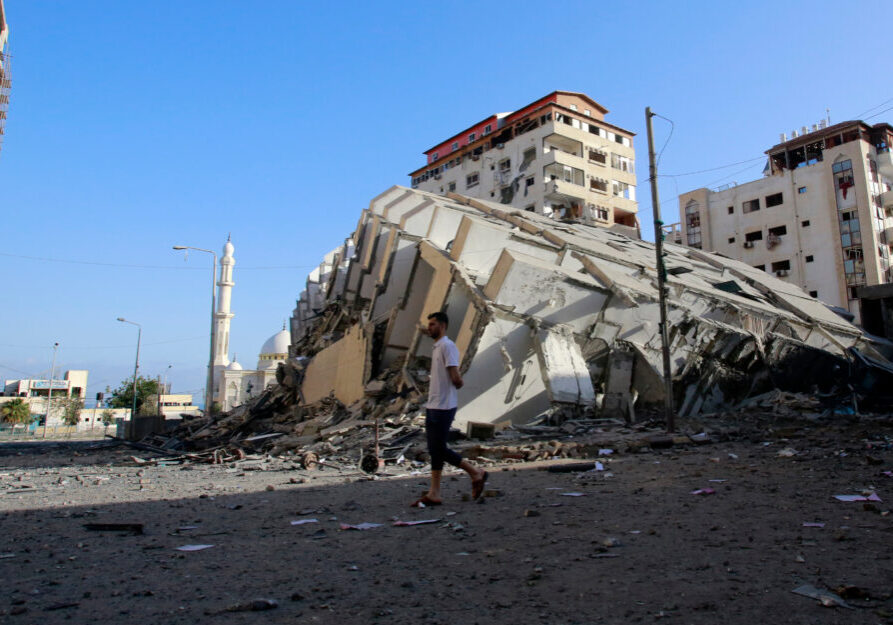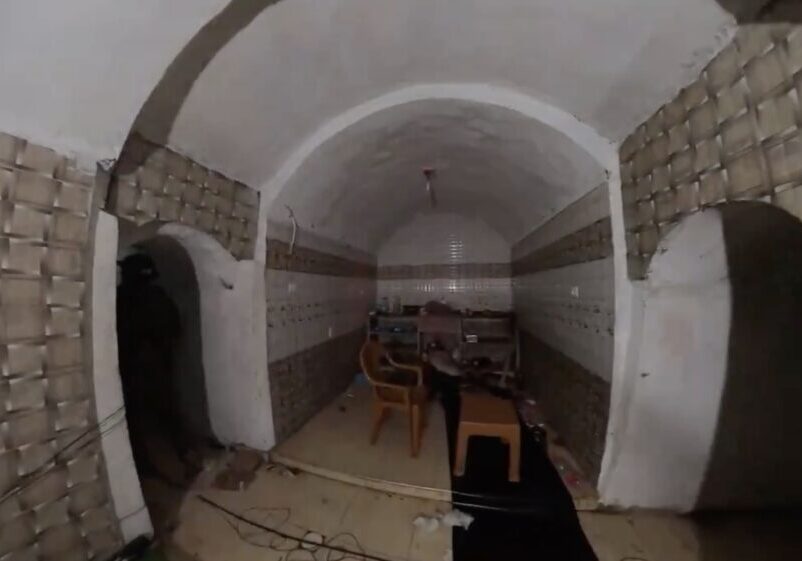Australia/Israel Review
Scribblings: Nuclear Nonsense
May 31, 2010 | Tzvi Fleischer
Tzvi Fleischer
Nuclear Nonsense
A May 24 Guardian story, widely repeated and reported around the world, claimed that Israel offered to sell nuclear weapons to Apartheid South Africa in 1975. The claim, based on South African documents obtained by US researcher Sasha Polakow-Suransky, is that current Israeli President Shimon Peres, who was then Defence Minister, made the offer as part of a discussion over missile sales with then South African Defence Minister PW Botha.
Peres has strongly and categorically denied the claim, and there are convincing additional reasons to doubt it – including both the limited evidence offered, and the near unanimous views of people in a position to know from both South Africa and Israel.
The evidence offered by the Guardian does show that South Africa was interested in nuclear weapons, but the evidence that Israel was prepared to offer them such weapons is, at best, highly inferential. The key piece of evidence is a South African summary of the meeting, where, in response to a South African statement that it wants Israeli missiles if “the correct payload” is available, it is stated, “Minister Peres said that the correct payload was available in three sizes.” From this it is inferred by the Guardian that he meant conventional, chemical or nuclear warheads – but this is hardly smoking gun evidence. The Jericho missile in question was actually available with a variety of different sized conventional payloads. And indeed, in a recent interview, Polakow-Suransky himself conceded this point, saying that the statement is “a bit ambiguous and there are various different interpretations”.
Scepticism about the Guardian’s interpretation is bolstered by the many insiders who questioned the story’s claim. On the South African side, both former Foreign Minister Pik Botha and Waldo Stumpf, the former head of South Africa’s Nuclear Energy Corporation, have expressed strong doubts that any such offer was made, and said they would have been in a position to know if it had.
On the Israeli side, amongst those expressing strong doubts about the claim were former left-wing politician Yossi Beilin, former senior official with Israel’s Atomic Energy Agency Dr. Ephraim Asculai, and security analyst Gen. (ret.) Shlomo Brom, who served as defence attaché at Israel’s embassy in South Africa in the 1980s. However, perhaps most authoritative was Dr. Avner Cohen, the world’s top academic expert on Israel’s nuclear program and author of two important books on the subject. He wrote of the story, “While there is no doubt (as the documents point out) that there was a SA probe to Israel for nuclear weapons, which stimulates a certain opaque Israeli response… there is no proof whatsoever that Israel ultimately officially OFFERED those weapons to SA. In fact, I know that Israel did not.”
Now it might be reasonably argued that, regardless of the questionable nuclear claim, Israel should have refrained from considering selling any arms to Apartheid South Africa. However, the context is also important. At the time in question, Britain, France and Belgium supplied most of South Africa’s weaponry, so problematic military relations with the Apartheid regime were hardly unique to Israel.
Gallivanting to Gaza
In late May, yet another group consisting of a mixture of well-meaning humanitarians and hardcore anti-Israel activists, aided by the Turkish Government, has set off in boats for Gaza with aid for supposedly suffering Gazans. Before they did so, they might have reviewed some recent news on Gaza:
On May 18, the Palestinian Maan news agency reported the opening of the first Olympic-sized swimming pool in Gaza, something even many big Israeli towns lack. Also, this appears something of an achievement given supposed shortages of both building materials and water in Gaza.
On May 24, the Financial Times (UK) reported that “shops all over Gaza are bursting with goods” and that “branded products such as Coca-Cola, Nescafé, Snickers and Heinz ketchup are both cheap and widely available” as are “Korean refrigerators, German food mixers and Chinese airconditioning units.” Moreover, it reported, “Tunnel operators and traders alike complain of a saturated market – and falling prices.”
They also might have had a look at what has crossed the border from Israel into Gaza in recent weeks. In the week ending May 16, Israeli authorities reported that a total of 637 truckloads, consisting of 14,069 tons of humanitarian aid, were transferred into the Gaza Strip from Israel. These consisted of: hundreds of thousands of litres of fuel; 21 truckloads of milk formula and baby food; 897 tons of cooking gas; 66 truckloads of fruits and vegetables; 51 truckloads of wheat; 27 truckloads of meat, poultry and fish; 40 truckloads of dairy products; 117 truckloads of animal food; 37 truckloads of hygiene products; 22 truckloads of sugar; 38 truckloads of clothing and shoes; and four truckloads of medicine and medical equipment. Also, 781 medical patients left Gaza for treatment.
Kind of makes anything they intended to bring on their boats seem a bit superfluous, no?
Wrong Prize?
So Australian journalist Paul McGeough’s book, Kill Khalid: Mossad’s failed hit… and the rise of Hamas has won the 2010 Douglas Stewart Prize for Non-Fiction, as well as Book of the Year at the NSW Premier’s Literary Awards.
My only comment on this is to recall the key judgement of top Hamas expert Matthew Levitt in reviewing the book in these pages last May. He wrote:
“As a novel-like storyline, Kill Khalid is a gripping read. As a serious and balanced study of Hamas, the book’s flaws run deep and wide. The layman will find it hard to put down this page-turner but should be forewarned that McGeough’s lacklustre analysis does not match his expert storytelling.”
Perhaps a prize for fiction would have been more warranted.
Tags: International Security






